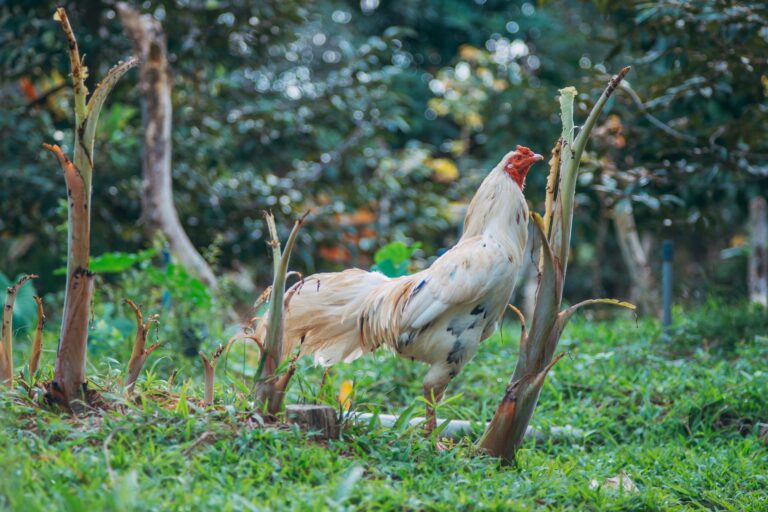Is cockfighting legal in Trinidad and Tobago?
In Trinidad and Tobago, cockfighting is a controversial practice with a long history. Although it is not officially legal, it is widely practiced and tolerated in certain rural areas of the country. Cockfighting is a blood sport that involves the pitting of two gamecocks against each other in a ring. The birds, which are bred and trained specifically for fighting, are often fitted with sharp metal spurs on their legs to inflict maximum damage on their opponents.
What is a brief overview of cockfighting in Trinidad and Tobago?
Cockfighting has been a part of Trinidad and Tobago’s culture since the 18th century, and it remains a popular pastime in some areas. The practice has both its proponents, who see it as a tradition worth preserving, and opponents, who view it as a cruel and inhumane blood sport. Despite its controversial nature, cockfighting continues to be practiced in Trinidad and Tobago, with the fights often taking place at makeshift arenas in rural areas or at more organized venues like private clubs.
How is cockfighting locally referred to in Trinidad and Tobago?
In Trinidad and Tobago, cockfighting is often referred to as hackfighting or simply hacking. The term hack is derived from the local slang for a sharp metal object, which is used to describe the metal spurs fitted on the gamecocks’ legs during fights.
What are the laws, penalties, and law enforcement regarding cockfighting in Trinidad and Tobago?
Despite its widespread practice, cockfighting is not officially legal in Trinidad and Tobago. The country’s Summary Offences Act includes a provision that makes it illegal to organize, promote, or participate in a cockfight. The penalties for engaging in cockfighting include:
- A fine of up to TT$1,000 (approximately US$150) for organizing or promoting a cockfight
- A fine of up to TT$400 (approximately US$60) for participating in a cockfight as an owner, trainer, or handler of a gamecock
- A fine of up to TT$200 (approximately US$30) for being a spectator at a cockfight
However, enforcement of these laws is often lax, particularly in rural areas where cockfighting is most prevalent. Local law enforcement may turn a blind eye to the practice, and penalties are rarely imposed on those involved in cockfighting.
What are the government laws and their links to cockfighting in Trinidad and Tobago?
Although the Summary Offences Act prohibits cockfighting, there are no specific government laws that regulate or promote the practice. Some have argued that the lack of clear regulation contributes to the persistence of cockfighting in Trinidad and Tobago, as it creates a legal gray area that allows the practice to continue largely unchecked.
In recent years, there have been calls for the government to take a stronger stance against cockfighting, with some suggesting that the practice should be completely banned. Others argue that if cockfighting is to continue, it should be regulated and subject to strict animal welfare standards. For now, however, cockfighting remains a contentious issue in Trinidad and Tobago, with no clear resolution in sight.
